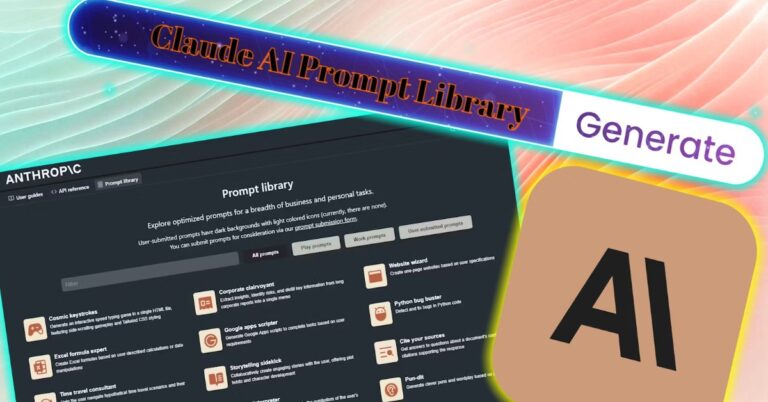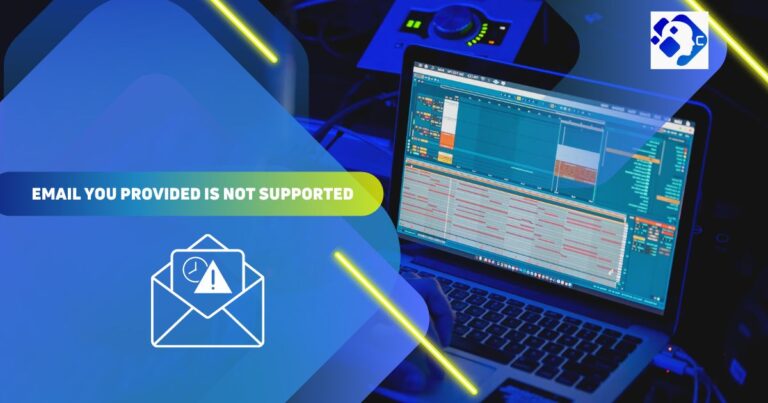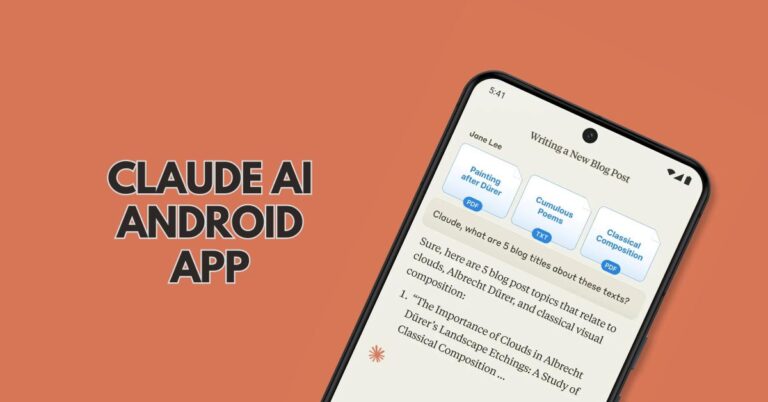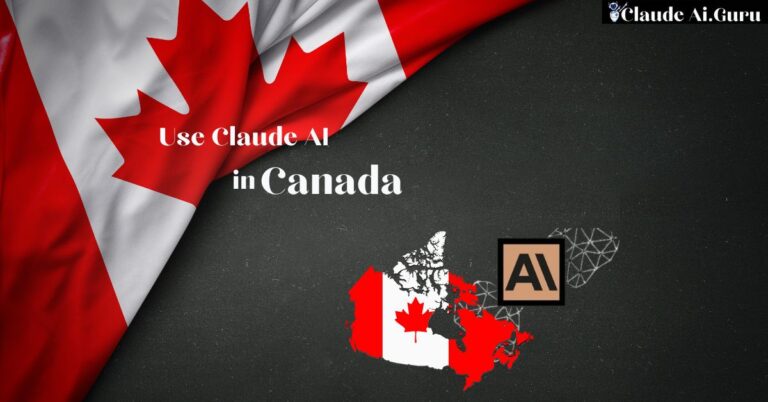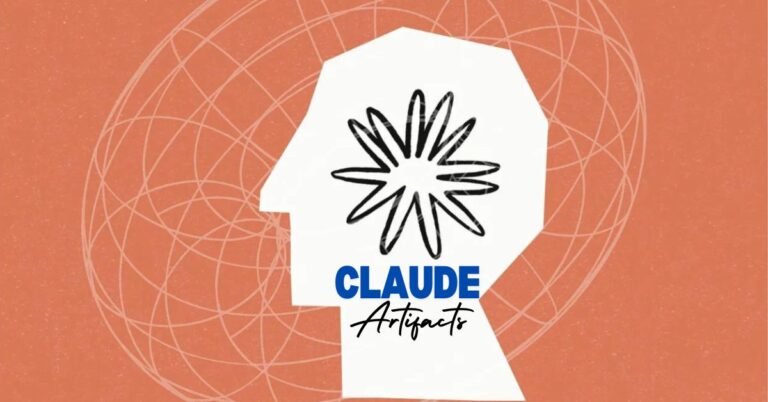The battle of two AI juggernauts: Understanding the differences between Claude and ChatGPT
Individuals and businesses alike rely on large language models (LLMs) and AI chatbots, and within this space, two prominent contenders have stolen the spotlight: ChatGPT and Claude AI, which stand out for their massive potential to shape different industries. When ChatGPT was released in late 2022, the app grew quite fast, amassing over one hundred million users in only two months. Many have used ChatGPT for different kinds of purposes, whether writing a cover letter, creating a meme, or making predictions about the biggest crypto asset as soon as they learned where to buy bitcoin and started their investing journey.
A year after ChatGPT launched, Claude emerged as its rival, but even today, many users still wonder which of the two models is more reliable and worth the money. Well, what’s important to mention from the beginning is that they both have strengths and limitations and ultimately, the choice depends on the task. Below, we take a detailed look at Claude and ChatGPT’s performance, so keep reading to learn more about these two revolutionary AI tools!
Background of Claude and ChatGPT and model variants
Before discussing the performance of the two AI chatbots, it’s worth considering their origins. Claude was created by Anthropic, an AI research organization developed by former OpenAI researchers. The company aims to push the boundaries of language models’ possibilities by focusing on creating ethical and safe AI systems. Claude is the result of significant research and development efforts to develop an AI tool that can offer accuracy and efficiency and engage in human-life conversations.
On the other hand, ChatGPT was founded by OpenAI, which has a track record of breakthrough achievements in machine learning and natural processing. ChatGPT was developed on top of Open AI’s GPT, the language model improved to excel in conversational tasks.
It’s worth noting that both chatbots have different variants and model sizes, which directly impact their capabilities, performance and use cases. Therefore, users need to choose the model based on their unique needs. Claude is available in three models: Claude 3 Haiku, Claude 3 Opus, and Claude 3 Sonnet, each of them having unique characteristics. For example, Claude 3 Opus excels in creative writing, while Claude 3 Sonnet is efficient in ensuring a balance between capability and performance.
ChatGPT also comes in different variants, including GPT-3.5 models, GPT-4 models, and GPT-5 models. The latter is the newest version of the chatbot and is likely to emerge by mid-year, offering new incredible features, such as the “Voice Engine’ AI product and Sora. When selecting a Claude or ChatGPT model, it’s important to consider factors like speed, accuracy, performance, and the nature of the tasks, as they are all relevant in making the right decision to deliver the expected results.
Performance of Claude and ChatGPT: Which is the winner?
Efficiency
When evaluating Claude Vs ChatGPT, it’s imperative to take a look at their efficiency, which plays a massive role in user experience. Both models have been designed to deliver efficient performance, but Claude, in particular, was created with speed in mind and can process large documents, analyzing and summarizing lengthy texts with excellent efficiency, which is what differentiates it from other AI chatbots, making it a fantastic tool for a sector that deals with massive data amounts.
While there are no specific speed comparisons between ChatGPT and Claude, there’s no doubt that the two chatbots have been created to prioritize efficiency – OpenAI has made some great improvements to its GPT architecture, allowing ChatGPT to offer accurate and fast responses across various tasks. However, a notable aspect is that the more advanced GPT-4 models may not be as quick when processing documents as their GPT-3.5 counterparts, due to their complex architecture, which relies on more computational resources to produce high-quality outputs.
Accuracy
Accuracy is an essential factor to consider when assessing the performance of Claude and ChatGPT. Researchers and developers have relied on different benchmarks to assess the two models’ ability to understand and produce human-like language. In a comparison between GPT-4 and Claude 3 Opus, the latter showcased superior performance, acquiring a score of 95.0% compared to GPT -4, which had a score of 92.0%. This means that Claude 3 Opus has better accuracy when it comes to question-answering tasks.
However, it’s worth noting that the benchmark was used against the default GPT-4 model and not the GPT-4 Turbo variant. Furthermore, when using the GSM8K benchmark, focusing on mathematical problem-solving, the winner was GPT-4 Turbo, which scored 95.3%. Simply put, this means that the accuracy of Claude and ChatGPT depends on the domain or the specific task.
Use cases
One significant advantage of ChatGPT is that it can process and generate content in various formats beyond text. This AI technology can handle visuals, code, and audio inputs, making it versatile for designers, developers, and content creators, allowing users to leverage it for different tasks. On the other hand, Claude stands out through its exceptional language understanding abilities and excels in creative writing tasks, generating engaging, imaginative narratives that are also coherent, which is really unique in the world of AI chatbots. Claude has a deep understanding of nuance and context, and it’s this feature that allows you to create high-quality text that captures the desired style and tone. So, when it comes to large document processing, Claude is definitely the winner.
However, when it comes to complex reasoning tasks and coding, ChatGPT and Claude have both showcased excellent capabilities. Developers have successfully relied on these chatbots to assist with code generation, algorithm development and debugging, but when it comes to mathematical problem-solving, ChatGPT has demonstrated a slight edge over Claude. Just note that the use cases of ChatGPT and Claude AI aren’t mutually exclusive – the two chatbots are equally valuable in a wide range of sectors, such as finance, healthcare, entertainment and education. Choosing between the two ultimately is a matter of priority.
Takeaway
Both Claude and ChatGPT are capable AI chatbots and have unique characteristics that make them appealing to users. While Claude performs better in certain scenarios, particularly due to its capacity to handle longer context windows, ChatGPT is also strong and versatile and showcases an outstanding performance across different tasks, making it a one-of-a-kind competitor. Ultimately, none of the chatbots is better than the other – it all comes down to the needs and preferences of each user.

